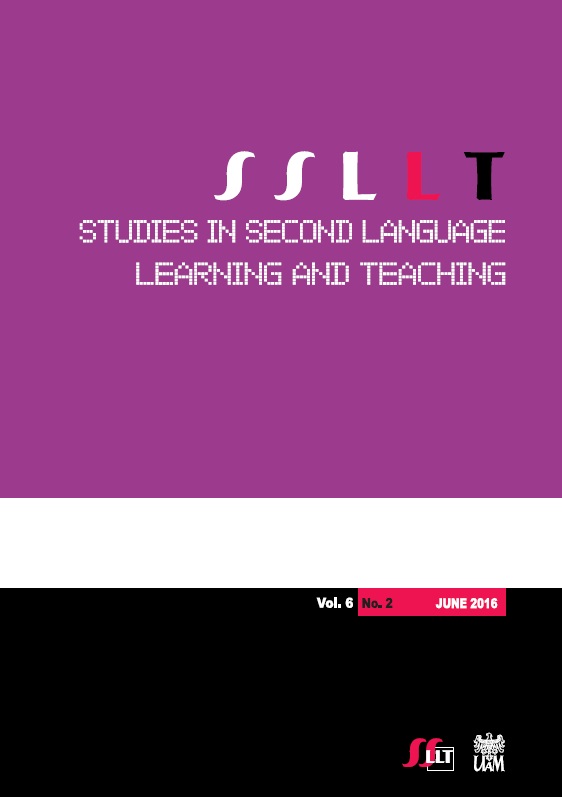Second language learners’ divergence from target language pragmatic norms
Second language learners’ divergence from target language pragmatic norms
Author(s): Maria Pia Gomez-LaichSubject(s): Language and Literature Studies, Applied Linguistics, Language acquisition
Published by: Wojskowe Biuro Historyczne im. gen. broni Kazimierza Sosnkowskiego
Keywords: pragmatic competence; language learning; identity
Summary/Abstract: Pragmatic competence is an indispensable aspect of language ability in order for second and foreign language (L2/FL) learners to understand and be understood in their interactions with both native and nonnative speakers of the target language. Without a proper understanding of the pragmatic rules in the target language, learners may run the risk of coming across as insensitive and rude. Several researchers (Bardovi-Harlig, 2001; Kasper & Rose,2002) suggest that L2 pragmatics not only can be taught in the L2/FL classroom,but, more importantly, that explicit approaches that involve direct explanation of target pragmatic features are beneficial for learning pragmatics. Just as native speakers of a language acquire a “set of dispositions to actin certain ways, which generates cognitive and bodily practices in the individual”(Watts, 2003, p. 149), instructors can help learners to become aware of the pragmatic features that characterize the target language. Although the importance of explicit teaching of pragmatics is well recognized in the literature, learning norms and rules of pragmatics largely depends on learners’ subjectivity. Learners’ convergence or divergence from the L2 pragmatic norms, both consciously and out of awareness, sometimes depends on whether these norms fit their image of self and their L1 cultural identity.Since identity-related conflict can have significant consequences for the acquisition of second language pragmatics, failing to consider the centrality of learners’ identities will produce an inadequate understanding of SLA. This paper synthesizes studies that document the reasons why learners opt to remain foreign by resisting certain L2 practices. The following synthesis question was proposed: Why do language learners resist the pragmatic norms of the target language?
Journal: Studies in Second Language Learning and Teaching
- Issue Year: VI/2016
- Issue No: 2
- Page Range: 249-269
- Page Count: 21
- Language: English

